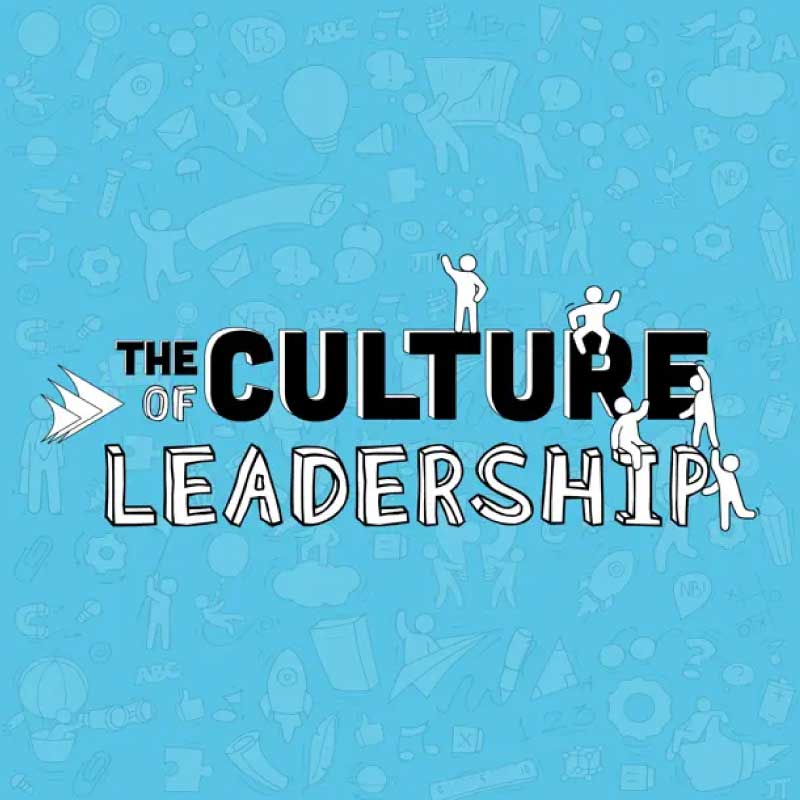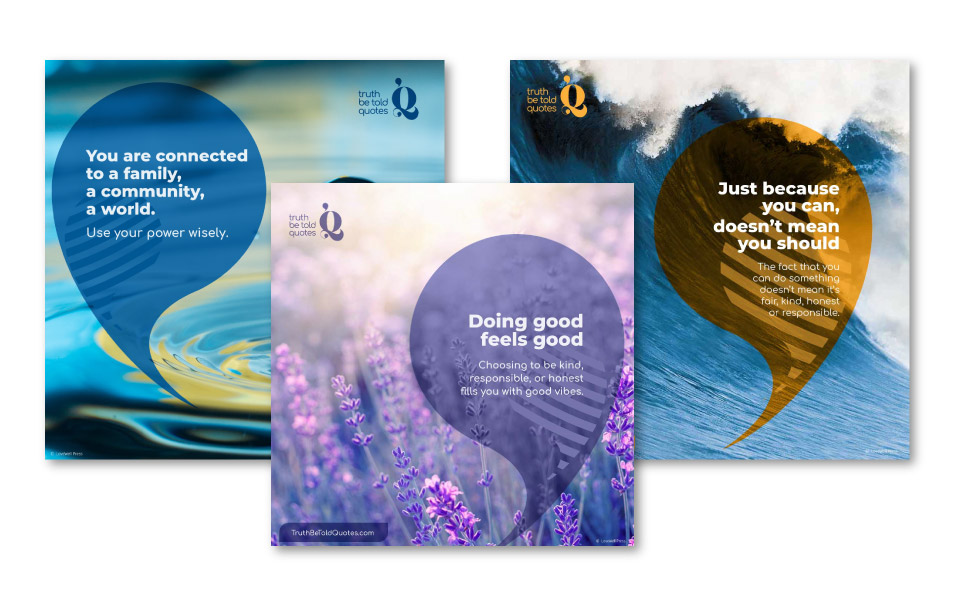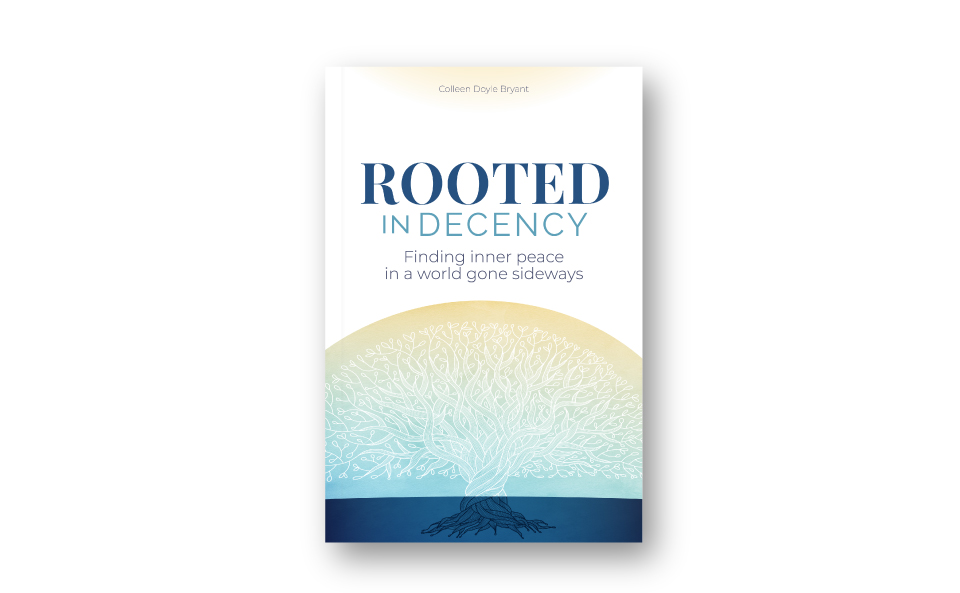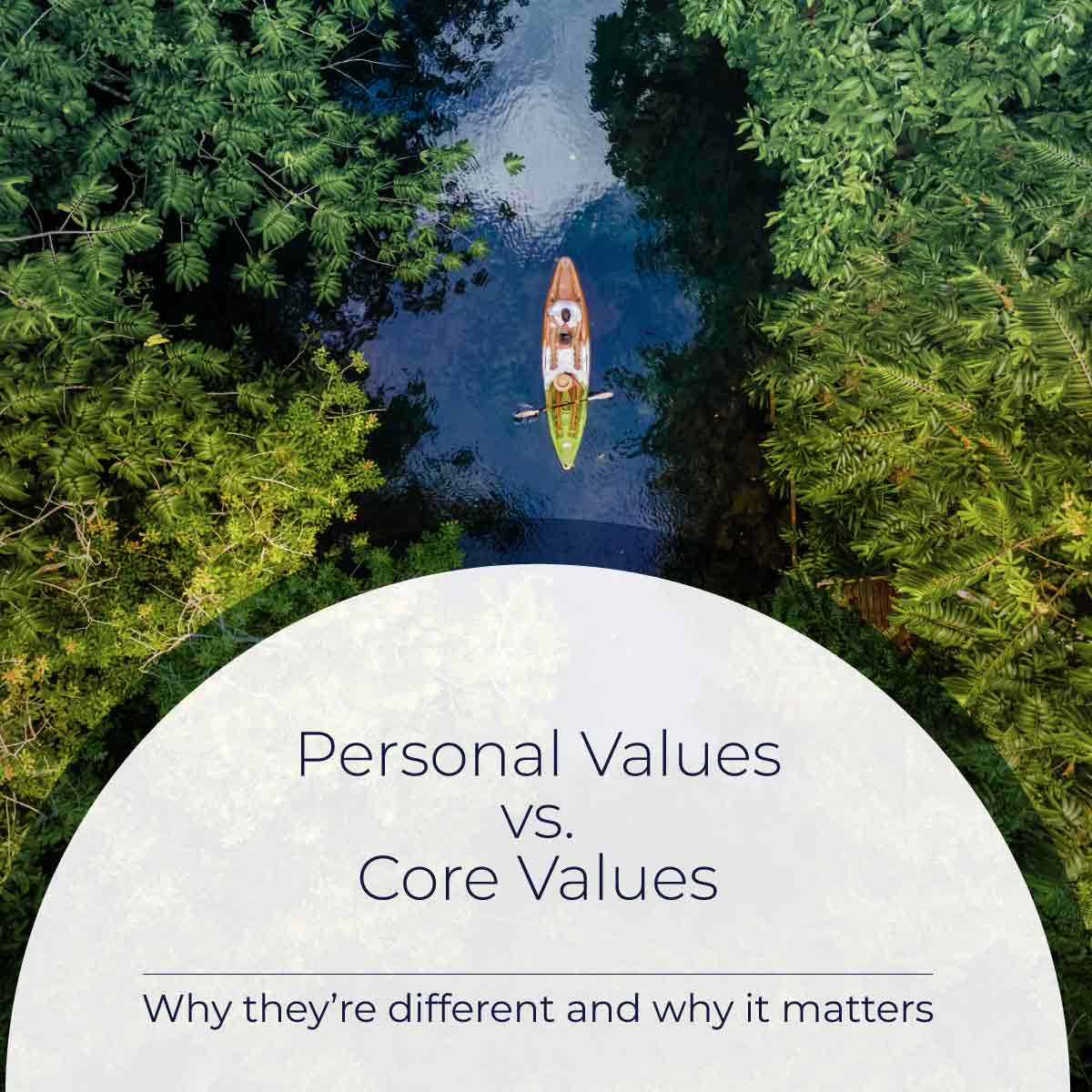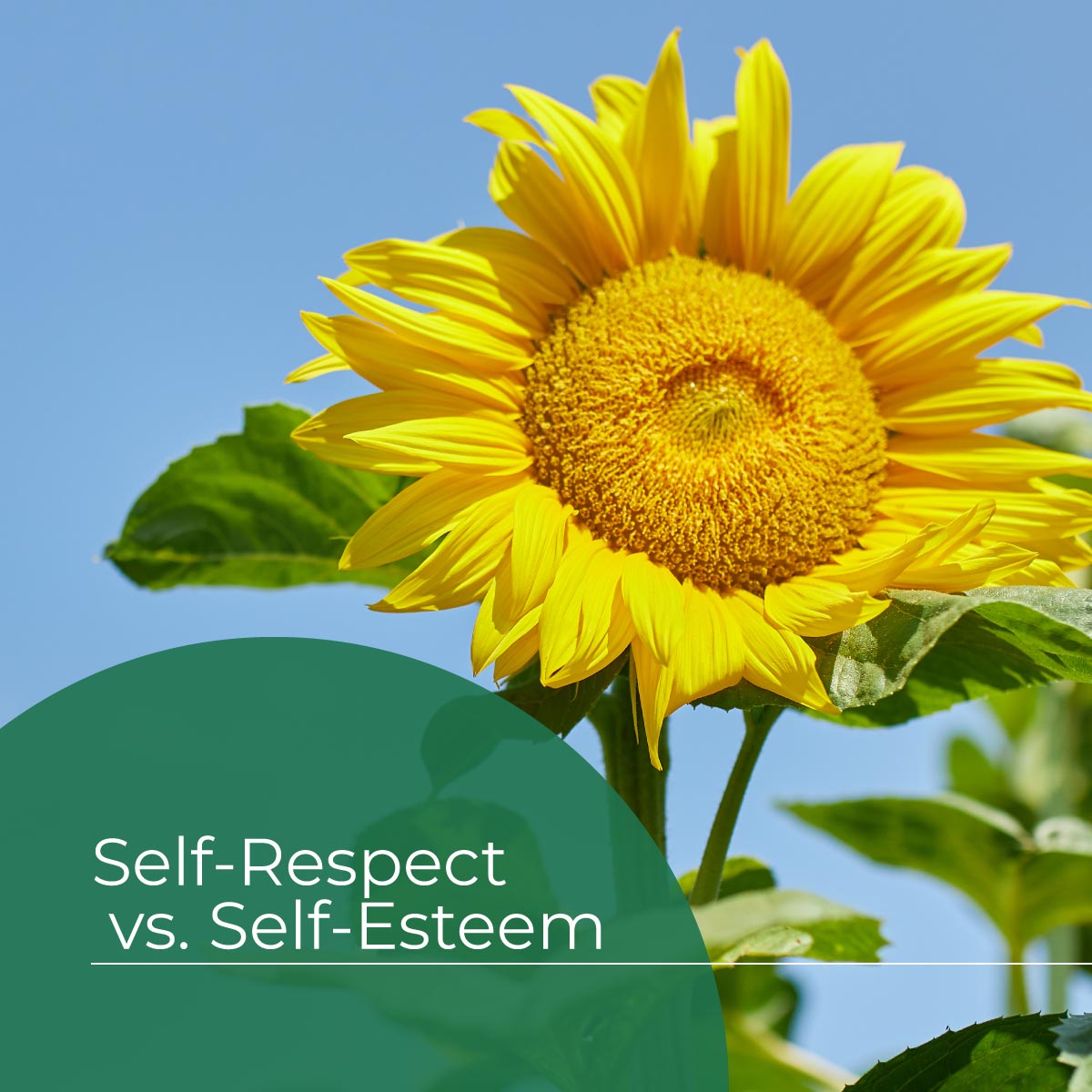
Lots of people are talking about the importance of having core values, but how many are talking about how to use those values to make important decisions? Listen in to this podcast to learn more about how leaders can create their moral compass and how to use those values to make moral decisions at work.
Tune in to The Culture of Leadership Podcast for an engaging and thought-provoking conversation about leadership, core values, and how to use them to guide decision making and build a positive team environment. Host Brendan Rogers consults with business leaders who want to become more effective at creating high performing teams. Join his discussion with Colleen Doyle Bryant, author of the book, Rooted in Decency, for a transformative conversation into how to use values to become a stronger leader. The Podcast includes topics like:
- Why does a leader need a strong moral compass?
- Which values matter most for leaders?
- How do we evolve out of this age of disrespect toward more engaged, cooperative work environments?
- What are some examples for how a leader can balance competing moral values at work?
Listen in to The Culture of Leadership Podcast or watch it on YouTube below
Brendan: But it's the context of the situation that changes these moral dilemmas and these decision makings on a day-to-day basis? Can you give us an example around that?
Colleen: Zero-tolerance policies might be an example [of how we're ignoring context]. Zero-tolerance policies take the nuance out of the situation. They say it doesn't matter what your intent was. It doesn't matter the severity of the offense. We're going to treat them all the same with zero tolerance.
That's really a problem because the way that we deal with moral dilemmas is we say, "Well, [what was the] intent?" That affects what consequence there is, based on the degree of the wrongdoing. [Intent and degree of harm] should influence what consequence is applied to someone.
Brendan: Let me push you again in the leadership development context. If you had to say which one of the four [core values] is the most important in your view, which is it?
Colleen: Everything starts with truth because without truth, everything else you do is just an empty promise. Relationships are based on trust. That's the bottom level. If you don't have trust there... why would people even venture to [put] part of their well-being in your hands if they don't trust you to take good care of it?
Brendan: You mentioned compassion, which I think is a really important element across the board. Define compassion in a little bit more detail.
Colleen: Compassion is this wonderful value. It helps us see the human in each other and recognize that we're all vulnerable. We all have hearts that break and bodies that bleed. Really, if we don't take care of each other, we can do great damage.
...When we look from a more objective perspective with compassion on the continuum, compassion is where we see that there is pain; we see that there is suffering; and we acknowledge that human-to-human contact. We say: I see that you are hurting, and the care instinct in me as a human is responding to that, but I need to retain this level of objectivity that then considers the other moral values and says, what's the responsible way to address the situation? What's the fair way to address the situation?


